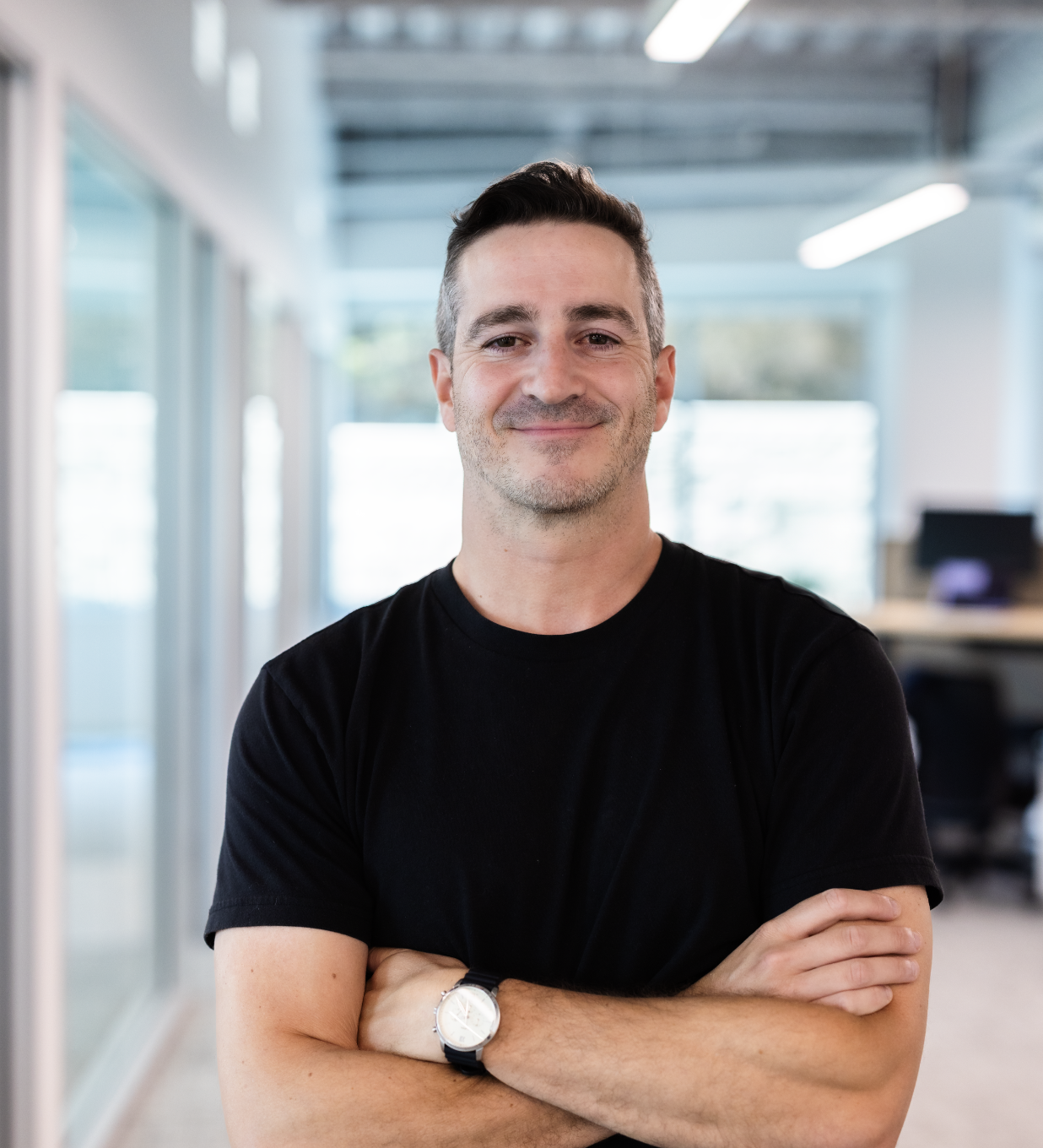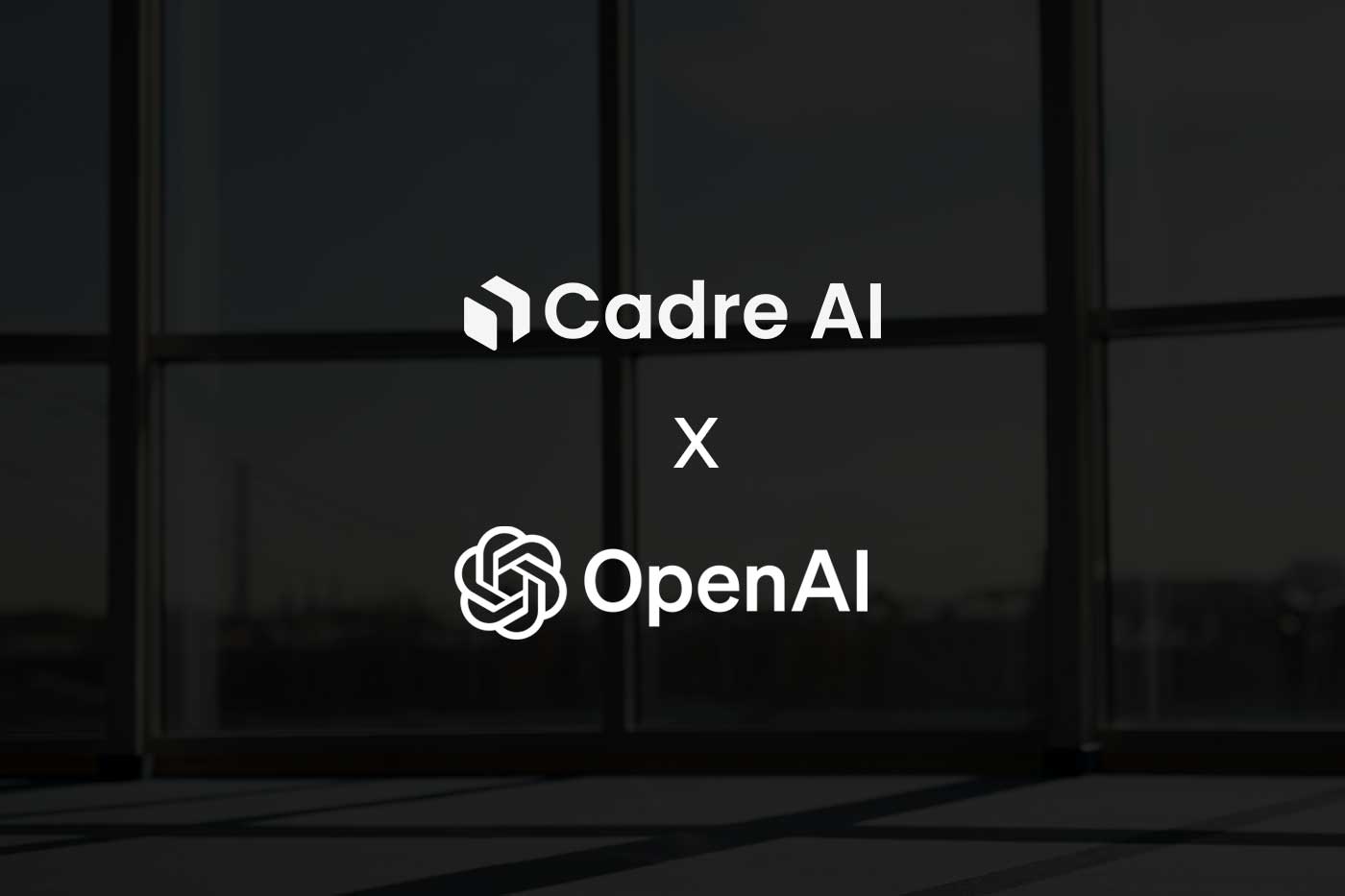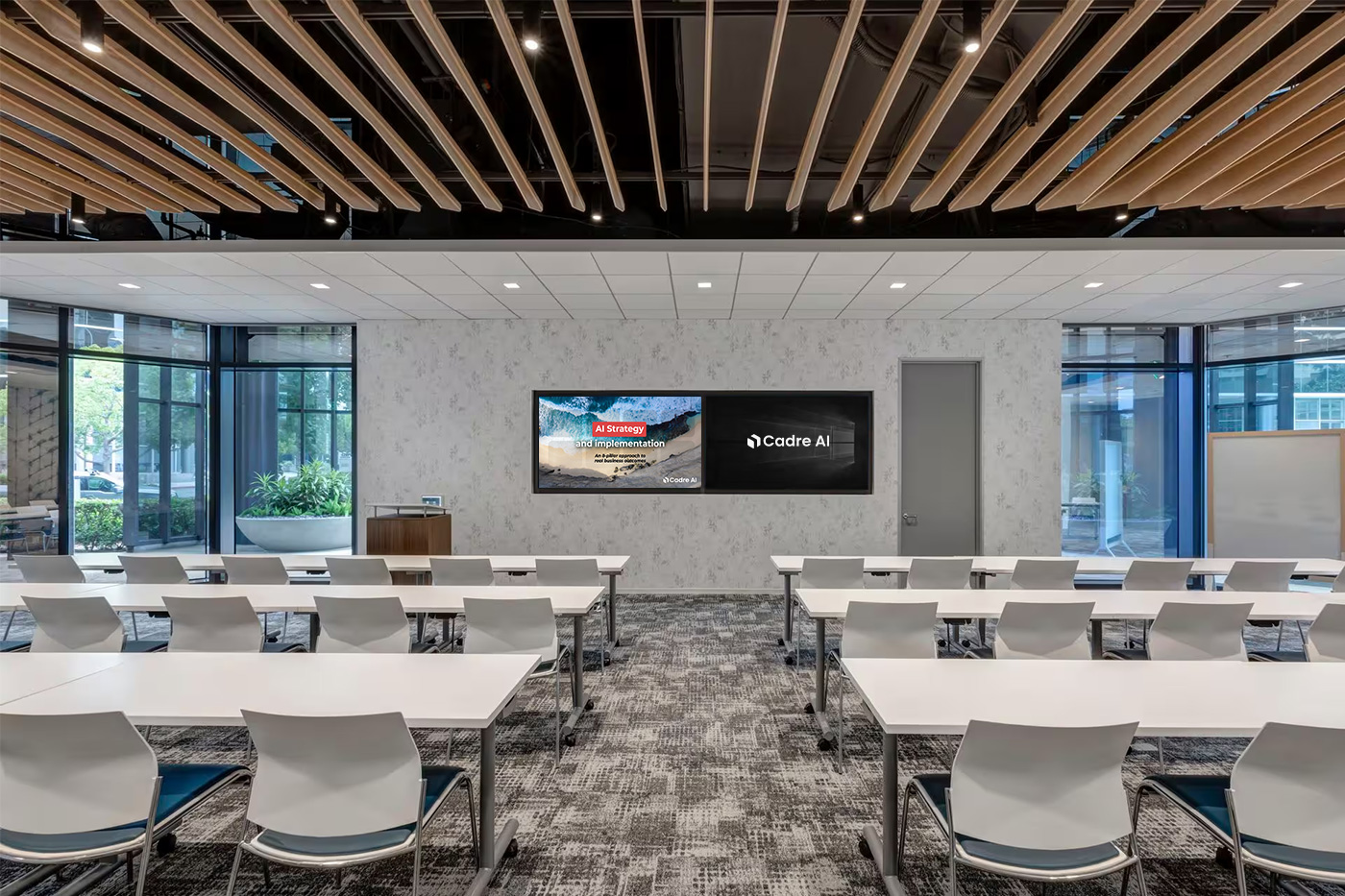
Why Hiring In-House AI Talent Will Fail
Why Hiring In-House Will Fail
Three weeks ago, a $150M logistics company CEO called me with a familiar story. They'd spent eight months recruiting a "Head of AI" with a $300K salary, equity package, and promises of building an innovative AI team. Six months after the hire, they had conducted dozens of vendor evaluations, attended countless AI conferences, and produced several strategy documents—but delivered zero measurable business impact.
Meanwhile, their Head of AI was already fielding calls from recruiters offering 40% salary increases.
This scenario plays out in boardrooms across America every week. Executives, convinced they need to "own" their AI strategy internally, embark on expensive hiring sprees that consistently fail to deliver the transformational results they're seeking.
Here's the uncomfortable truth: There is no company we'd advise to hire AI talent in-house right now.
That's not because AI talent isn't valuable—it's because the current market dynamics, technology evolution, and implementation requirements make in-house AI hiring a recipe for expensive disappointment.
After working with over 85 organizations on AI strategy and implementation, we've seen this pattern repeat consistently: companies that hire in-house AI talent struggle with strategy execution, while companies that partner with experienced third-party providers achieve measurable results faster and with lower risk.
The AI Talent Crisis: Why In-House Hiring Is Failing
The statistics paint a stark picture of why in-house AI hiring strategies are fundamentally flawed in 2024:
The Supply-Demand ImbalanceAccording to Bain & Company, AI-related job postings have jumped by 21% every year since 2019, with compensation growing 11% annually. Meanwhile, Reuters reports there will be a 50% hiring gap for AI-related positions this year. In the US alone, AI job demand could surpass 1.3 million positions over the next two years, while the talent supply is currently on track to fill fewer than 645,000 positions.
The Skills Gap RealityDespite 81% of IT professionals believing they can use AI effectively, only 12% actually possess the skills to do so. This massive overconfidence gap means that even experienced technology professionals often lack the specialized knowledge required for successful AI implementation.
The Executive FrustrationA recent study found that 44% of executives cite lack of in-house AI expertise as their biggest barrier to implementing generative AI. Additionally, 46% of executives identify talent skill gaps as the primary reason for slow AI development in their organizations.
The Retention ChallengeEven when companies successfully hire AI talent, retention becomes the next challenge. Gartner research shows that only 29% of IT workers have high intent to stay with their current employer, and AI specialists command premium salaries that create bidding wars between companies.
These numbers aren't just statistics—they represent the fundamental structural problems that make in-house AI hiring ineffective for most organizations.
Why the Traditional "Hire the Best" Approach Fails with AI
For decades, companies have solved technology challenges by hiring smart people and giving them resources to figure it out. This approach worked for software development, network administration, and even early data analytics initiatives.
AI is different.
The Pace of Change Problem
The AI landscape is evolving at unprecedented speed. Models, compliance requirements, technology stacks, and best practices are changing every few weeks, not every few years.
GPT-4 was released in March 2023. By December 2024, we had GPT-4o, Claude 3.5 Sonnet, Gemini 2.0, and dozens of specialized models for specific use cases. Regulatory frameworks are shifting monthly. Integration approaches that worked six months ago are already obsolete.
Your in-house AI hire might have been an expert in early 2024's best practices, but those best practices have already been superseded multiple times. Individual professionals, no matter how talented, cannot maintain cutting-edge expertise across the entire rapidly evolving AI ecosystem while simultaneously implementing solutions for your specific business.
The Isolation Effect
When you hire AI talent in-house, you're creating an island of expertise that lacks the cross-industry learning curve that drives successful AI implementations.
Hiring in-house silos your AI strategy. Your AI professional learns from your data, your challenges, and your constraints. They develop solutions based on your specific context, which might seem like an advantage but actually limits their effectiveness.
At Cadre, we're seeing what's working across dozens of clients—and more importantly, what's not. We see how a manufacturing company's inventory optimization approach can be adapted for a healthcare provider's resource allocation challenge. We learn from a financial services firm's risk assessment implementation and apply those insights to a retail company's fraud detection needs.
This cross-pollination of ideas, approaches, and solutions is impossible when AI expertise exists in isolation within individual companies.
The Implementation Experience Gap
Building AI models is different from implementing AI solutions that deliver business value. Most AI talent has experience with the former but lacks the latter.
Successful AI implementation requires understanding of:
- Change management across different organizational cultures
- Integration with diverse technology stacks and legacy systems
- Business process optimization in various industries
- Regulatory compliance across different sectors
- ROI measurement and optimization across different business models
Individual professionals, regardless of their technical expertise, cannot develop this breadth of implementation experience working within a single organization. They might build impressive prototypes, but struggle to deliver solutions that transform business operations.
The Cross-Industry Learning Advantage
The most successful AI implementations leverage insights and approaches that have been proven across multiple organizations, industries, and use cases.
Pattern Recognition Across Industries
We've implemented customer service automation for a telecommunications company, a healthcare provider, and a financial services firm. While the specific requirements differed, the fundamental patterns of successful implementation were remarkably similar:
- Data preparation and quality issues followed predictable patterns
- User adoption challenges emerged at similar points in the implementation
- Integration complications occurred with similar frequency and characteristics
- Performance optimization required similar iterative approaches
An in-house AI professional working at any one of these companies would have had to learn these patterns through trial and error. Our team brought battle-tested approaches that accelerated implementation and avoided common pitfalls.
You can make your own mistakes over the next 18 months while your in-house AI hire learns through trial and error... Or you can shortcut the process by learning from the proven experience of implementation experts.
The choice is clear: continue pursuing expensive in-house AI hiring strategies that consistently fail to deliver results, or partner with proven AI implementation experts who can accelerate your AI success while building your internal capabilities.
Focus on what you're great at. Bring in experts to lead AI integration.
Related Articles

Leverage the Power of AI
Partner with Cadre AI and let’s create something extraordinary together.


.svg)

.svg)
.svg)


.jpg)
